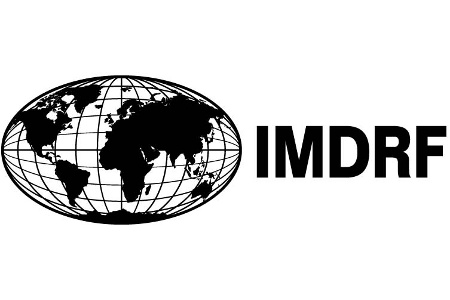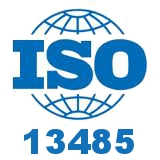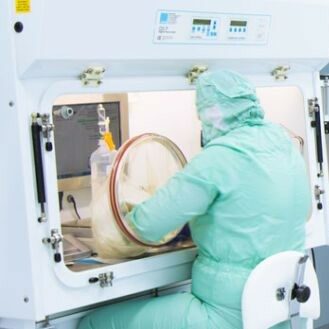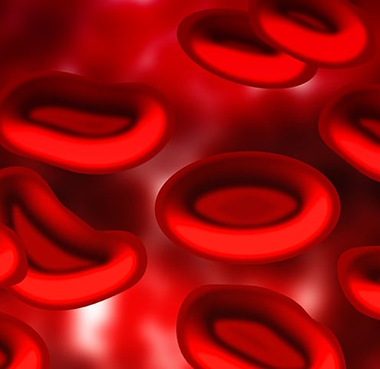

The 25th session of the International Medical Device Regulators Forum will be held March 11-15 in Washington, DC. The free event is open to the public and includes both in-person and virtual attendance options, Registration deadline is February 16.

The 25th session of the International Medical Device Regulators Forum will be held March 11-15 in Washington, DC. The free event is open to the public and includes both in-person and virtual attendance options, Registration deadline is February 16.

Device manufacturers and importers will have two years to modify their Quality Systems to meet the requirements of the QMSR rule by February 2, 2026.

As part of its reorganization of the CDRH, the FDA has elevated the Office of Strategic Partnerships and Technology Innovation (OST) to a Super Office that will include the Office of Supply Chain Resilience (OSCR), Digital Health Center of Excellence (DHCoE), Office of Technology and Data Services (OTDS), Office of Readiness and Response (ORR) and Office of Equity and Innovative Development (OEID).

The Digital Medicine Society (DiMe) is partnering with PHTI, ZS, and other leading organizations to develop and launch core components of integrated evidence plans for digital health products to support faster regulatory approval and commercialization.

Emerging technologies, integrated vendor ecosystems and enhanced regulatory compliance will redefine care delivery and shape the needs of healthcare stakeholders. Following are six healthcare technology trends that will shape care delivery and the MedTech market in 2024.

Ensuring the safety and efficacy of healthcare products is of utmost importance. The clinical evaluation process of medical devices is vital for demonstrating the device’s safety and performance in accordance with the regulatory requirements. How are device makers navigating this complex process effectively.

If adopted, companies would have additional time—from 2027 to 2029, depending on the type of device—to gain approval under EU IVDR.

“FDA Activities and Challenges in Reducing Reliance on Ethylene Oxide (EtO),” the second in a series of medical device sterilization town hall discussions hosted by the FDA, will take place on January 26 from 12:00pm – 1:00pm ET.

Casgevy, a cell-based gene therapy for transfusion-dependent beta-thalassemia that utilizes CRISPR/Cas9 technology, was approved by the FDA following its application through the Fast Track and Regenerative Medicine Advanced Therapy (RMAT) programs.

510(k) submissions have been a hot topic of late! Before you start your 510k submission make sure you’re aware of the pitfalls. Being responsible for writing and submitting a 510(k) can seem overwhelming – especially when tied to a scheduled product launch or marketing campaign driven by revenue goals. One of the most influential factors to a successful 510(k) submission is strategic planning.